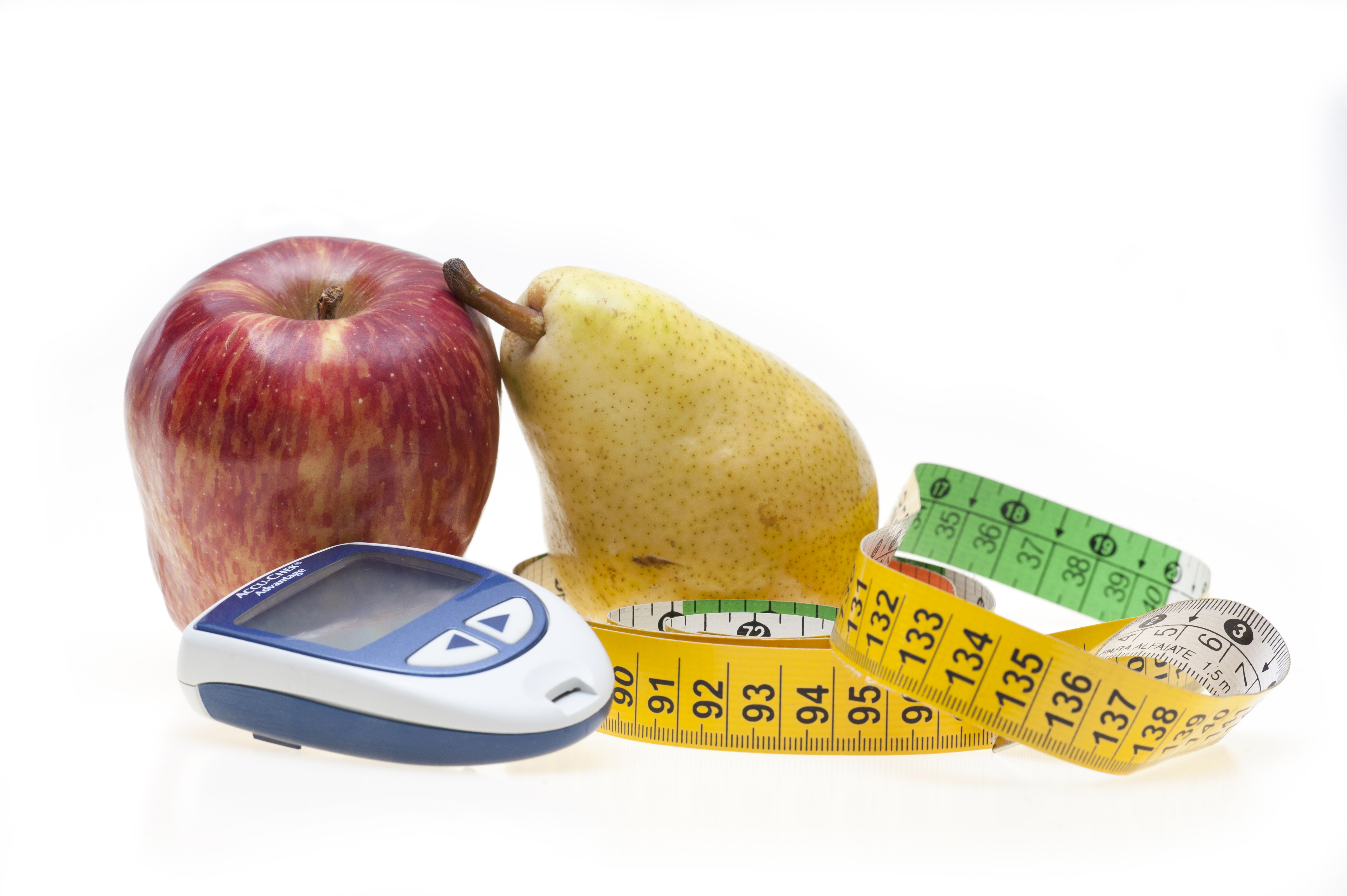Cholesterol is in the news, you hear about it on TV commercials. People are asking their doctor about their cholesterol and many people are being treated for elevated cholesterol levels. Why all the concern about lipids? Heart disease and stroke are the two most common health concerns in the US today. The percent of obese people in the US has risen sharply over the last twenty years. Fifteen years ago doctors were checking lipids for adults but were not aggressively treating elevated levels. Now we know lipids should be monitored from early adulthood. With childhood obesity becoming more prevalent, we are seeing high cholesterol even in the pediatric population. Most people can wait to begin screening until their mid twenties. Those with a family history of heart disease, diabetes or stroke should begin at age twenty. Children who are obese should be screened much earlier.
The most commonly prescribed lipid lowering agents are the HMG Co A reductase inhibitors. These medications are referred to as “statins”. They work by blocking the production of cholesterol. The drug companies have been pouring money into research and advertising for cholesterol lowering medications. Over the years the emphasis has moved from total cholesterol to Low Density Lipoproteins or LDLs (the bad cholesterol). The cut off level for LDLs was 150. Now it is 130 for normal individuals and 100 for people with risk factors for heart disease. The latest research suggests that LDL should be 60 or less. The lower the normal values become, the more individuals are being treated for cholesterol. The good news is that statins are effective in lowering cholesterol. The bad news is that these medications are not without problems.
Statins are contraindicated for people with liver disease, elevated liver enzymes, and pregnant or breast-feeding women. They interact with certain antibiotics and anti fungal medications. Side effects include muscle pain and elevated liver enzymes and on rare occasions break down in muscle tissue, which can lead to kidney failure. It has also been reported that statins decrease CoQ10.
In spite of all the research already done on cholesterol, there are still some unanswered questions. Why do some people have high cholesterol while they are thin and some obese people have normal cholesterol levels? Most people believe that all cholesterol comes from the diet. But actually your body produces cholesterol. Cholesterol is a necessary building block for many hormones. Why do we want to reduce cholesterol levels? High levels of LDL are shown to be a risk factor for heart disease. Will lowering you cholesterol decrease the amount of hormones your body produces? Researchers have not addressed this question.
The healthiest approach to cholesterol is to control your intake of fats, simple carbohydrates, and exercise daily. Studies on low fat diets have shown that a person can reduces his/her cholesterol by 10% with diet alone. I have seen some patients lower their cholesterol by 30% with diet and herbs. There are alternatives to the cholesterol lowering agents. Slow release niacin, Red Yeast Rice and Sytrinol are some options that are available. The best treatment for cholesterol is preventing high cholesterol with a health life style of proper nutrition and exercise. If you are unable to control your cholesterol with these changes in diet then you may want to consider your options.
Some suggestions to help lower cholesterol:
- Baked,
broiled or grilled meats
- Choose
olive oil or canola oil
- Omega
3 fatty acids
- Eat
less high fat foods such as: French fries, potato chips, cheese, sausage,
bacon, and salad dressings.
- Eat
lean meats such as chicken, pork or lean ground beef.
- Avoid doughnuts,
cakes, pies, cookies, ice cream and other simple carbohydrates.
- Increase the fiber in your diet (fruits and vegetables)
Excerise for 30 minutes a day, four times a week to increase your HDL (good cholesterol). An ounce of prevention is worth a pound of cure (bypass surgery)!




